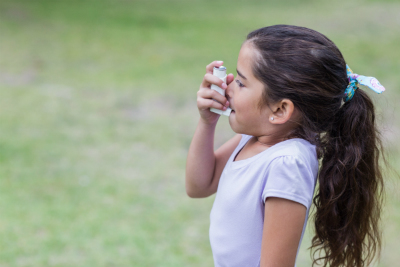Children's Memorial Hermann put together a Kids Health & Safety Guide filled with patient stories, parenting tips, and advice from our affiliated physicians from McGovern Medical School at The University of Texas Health Science Center at Houston (UTHealth). Peruse the guide for topics such as general health and safety, breathing issues - including asthma, child development and milestones, what to consider an emergency, eye and ear concerns, heart concerns, nutrition, sleep, tips for expecting parents and much more.
General Health and Safety Guide
Breathing Issues
General Health and Safety Guide

Find articles about symptoms to never ignore, clean hands, debunking medical myths, effects of over-prescription, shots and Halloween safety.
Breathing Issues

According to a recent report, 96,000 Harris County children have been diagnosed with asthma. Nationwide, the disease is responsible for a third of hospital admissions among children.
Child Development
Emergency Medicine
Child Development

Find articles about technology, kindergarten, potty time, back to school and development.
Emergency Medicine

Find articles about reasons for child ER visits, when to take your child to the ER and why to choose a pediatric ER.
Firearm Safety
Nutrition
Firearm Safety

Find articles about firearm injury prevention education for parents.
Nutrition

Find articles about key nutrition tips for kids of all ages and type 2 diabetes in kids on the rise.
Safety Outdoors
Sleep Concerns
Safety Outdoors

Find articles about ATVs, concussions, raising an athlete, heat safety, sunburns and water safety tips.
Sleep Concerns

Find articles about childhood sleep dilemmas and sleep apnea in children.

Contact Us
To contact Children's Memorial Hermann Hospital, please fill out the form below.
If you are experiencing a medical emergency, call 911 or go to the nearest emergency room.
If you or someone you know needs support from the Suicide and Crisis Lifeline, call or text 988.
